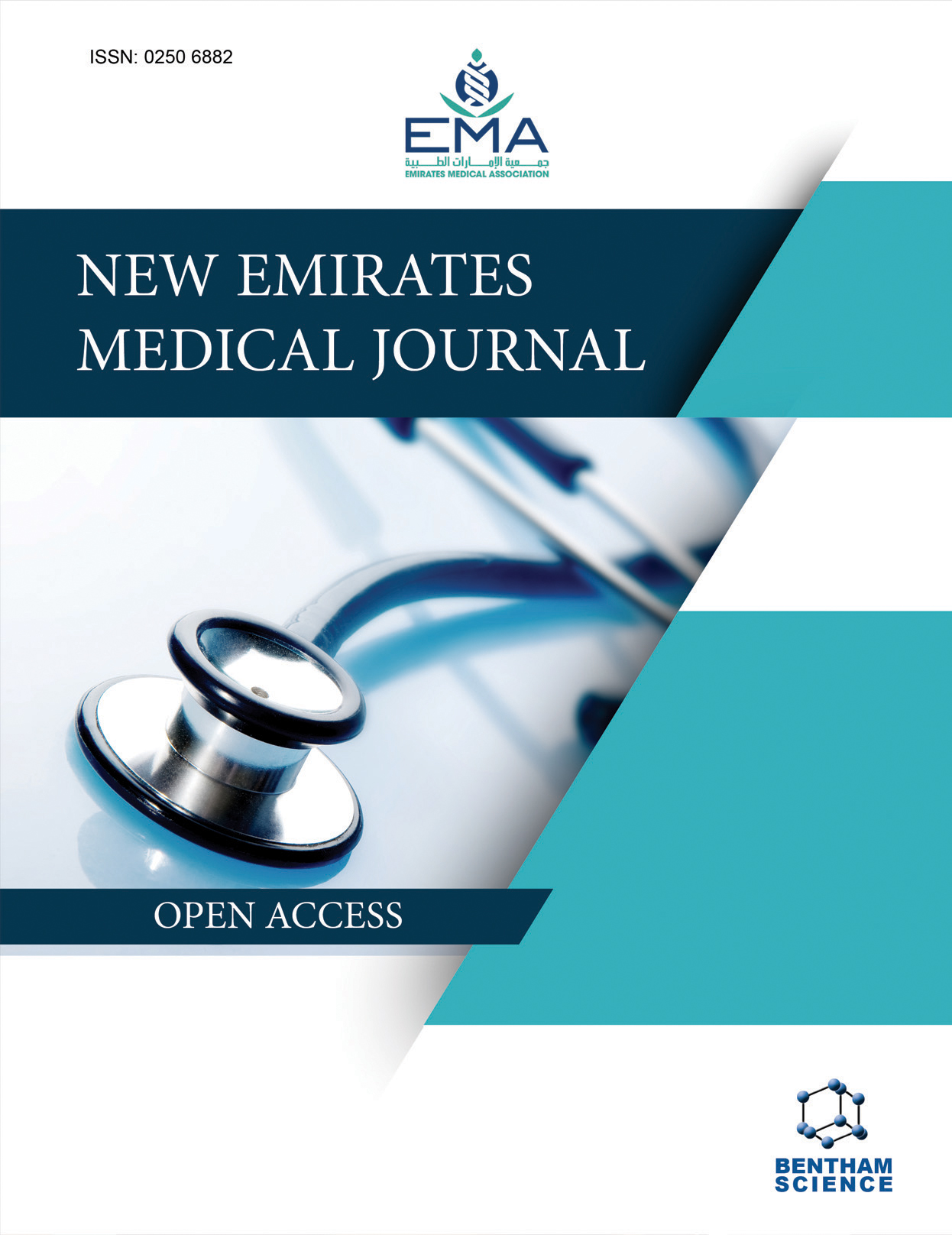-
oa Impact of Online Teaching During the COVID-19 Era on Senior Physiotherapy Students’ Clinical Self-efficacy at Fatima College of Health Sciences, UAE
- Source: New Emirates Medical Journal, Volume 5, Issue 1, Jan 2024, e02506882367727
-
- 31 Oct 2024
- 18 Dec 2024
- 01 Jan 2024
Abstract
Entry-level physiotherapists function as autonomous healthcare practitioners within a complex healthcare system, requiring professional competence in the clinical domain. Physiotherapy (PT) educational programs typically emphasize onsite teaching and use summative assessments to evaluate students' achievement of program objectives and learning outcomes. However, possessing knowledge and skills does not guarantee efficacy or confidence in clinical practice. This study aimed to assess the impact of online teaching approaches (TAs) during the COVID-19 era on the physiotherapy self-efficacy (PSE) of senior FCHS physiotherapy students across three clinical areas: musculoskeletal (MSK), neurological (N), and cardiorespiratory (CR), and to explore the influence of academic factors on PSE scores.
Researchers collected data for this cross-sectional study using a four-section questionnaire. One section specifically addressed the PSE. The study focused on three cohorts of pre-graduation senior PT students at Fatima College of Health Sciences (FCHS) who encountered a combination of onsite, online, and blended TAs due to COVID-19. Nonparametric statistical analysis was employed to analyze the data.
Of the seventeen participating students (68% participation rate, median age 22), the results indicate a statistically significant decrease in self-efficacy from MSK to N and CR clinical areas. The impact of online TAs on PSE varied by course specialty; TAs related to CR specialty courses significantly correlated with PSE scores, showing a preference for onsite TA to enhance self-efficacy over blended and online TAs. Furthermore, greater exposure to clinical cases and verbal encouragement from clinical educators were associated with higher self-efficacy. Physiological reactions, such as body pain, were also found to be influenced by the specific clinical area.
The impact of online TAs, implemented during the COVID-19 pandemic, on the self-efficacy of senior PT students is dependent on the specialty of the courses. This impact was most significant in CR specialty courses. Moreover, other factors, such as the sufficiency of exposure to clinical cases and clinical educators’ verbal encouragement, significantly contributed to students' self-efficacy.



